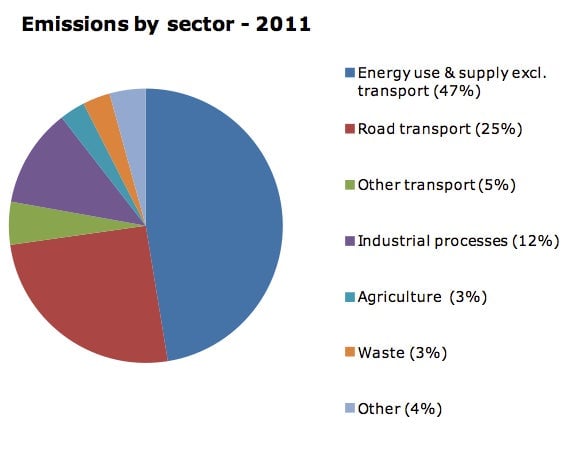Britons are trading 1,600 lives a year for cheap electricity
It’s been a while since Britain could really be called a land of dark satanic mills. These days it’s more office parks and service centers. But some vestiges of Britain’s industrial past remain. Coal-fired power plants generate nearly 30% of Britain’s electricity and are responsible for 1,600 premature deaths every year, according to a new study (pdf) by the Health and Environment Alliance (HEAL), a non-profit that represents various public-health and environmental groups. That means Britain is home to one in nine of the 18,350 premature deaths caused by coal power across the European Union.

It’s been a while since Britain could really be called a land of dark satanic mills. These days it’s more office parks and service centers. But some vestiges of Britain’s industrial past remain. Coal-fired power plants generate nearly 30% of Britain’s electricity and are responsible for 1,600 premature deaths every year, according to a new study (pdf) by the Health and Environment Alliance (HEAL), a non-profit that represents various public-health and environmental groups. That means Britain is home to one in nine of the 18,350 premature deaths caused by coal power across the European Union.

The numbers are a reminder that coal pollution isn’t a problem only for fast-developing countries such as China, where 40 babies in Beijing alone died due to coal pollution in 2011. As well as killing people early due to respiratory or cardiovascular diseases, coal-fired plants are also detrimental to overall health and indeed the economy. Britain loses over 360,000 working days every year due to illness and records over 1 million cases of lower respiratory symptoms due to coal, HEAL found, amounting to a total cost of more than £1 billion in lost days and illness every year. Two British coal-fired power plants figure in the European Environment Agency’s ranking of top 20 industrial polluters (pdf) in Europe.
What can be done? The obvious answer is to use less energy and replace coal-fired plants with cleaner sources. Britain has a range of incentives for renewable energy and green taxes aimed at encouraging energy efficiency. Yet with energy bills soaring, these very levies are being revoked in order to placate the electorate.
Meanwhile, there are methods that could at least partly reduce emissions from coal-fired plants. ”The costs of fitting pollutant scrubbers should be considered against the magnitude of the health costs estimated in this report,” Ben Croxford, an air pollution researcher at University College London, told Quartz. “It would seem to be a clear case where this type of investment could improve health.”